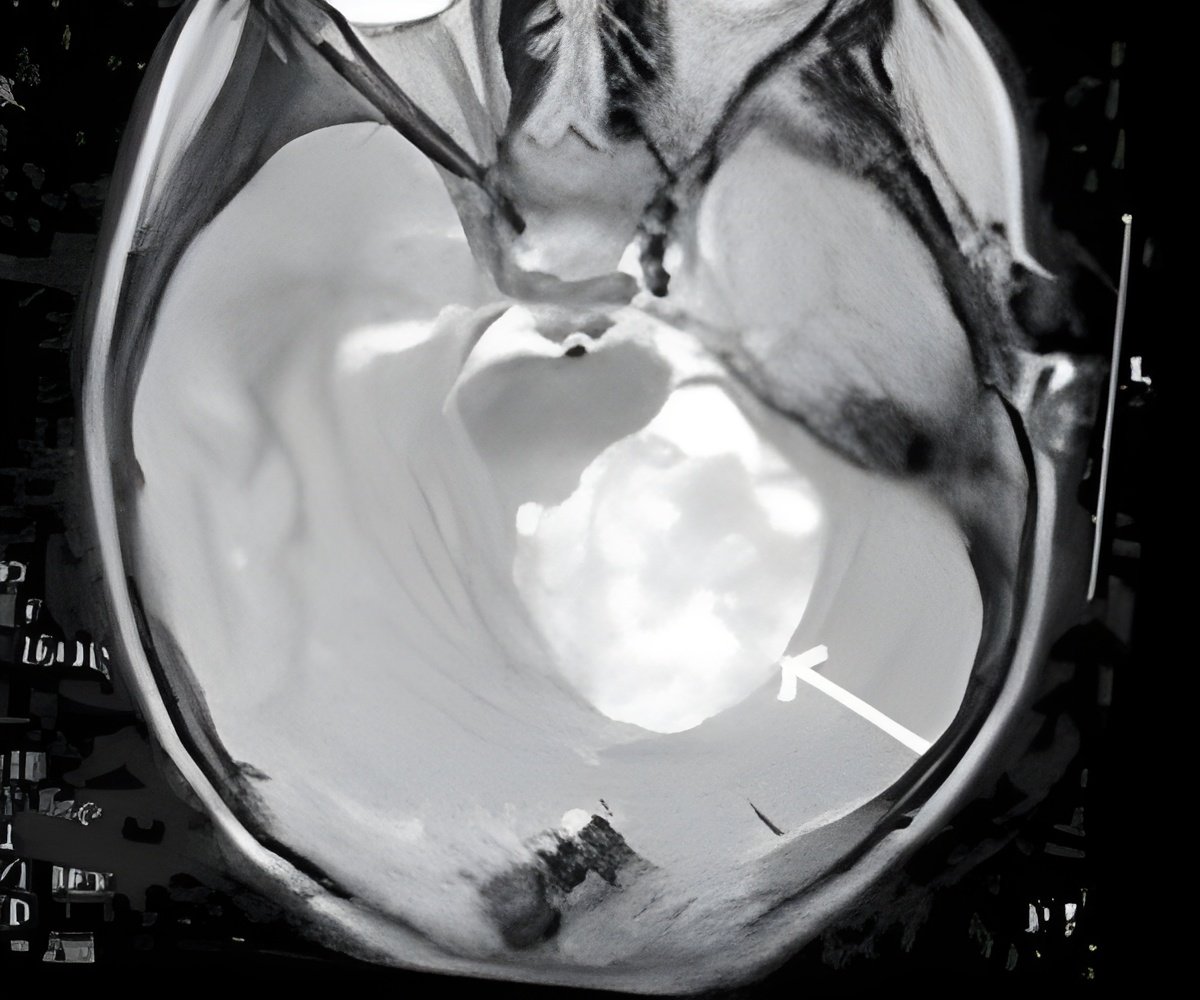
"Sadly, the average life expectancy of patients diagnosed with glioblastoma is just 12 to 15 months," says the study's lead researcher Kristoffer Valerie, Ph.D., co-leader of the Radiation Biology and Oncology research program and a professor in the Department of Radiation Oncology at VCU Massey Cancer Center. "By limiting the tumor's ability to combat DNA damage caused by treatments such as radiation, we are hopeful that we can enhance our ability to specifically target the glioma, prolong survival and reduce damage to surrounding brain tissue."
Currently, GBM is treated with surgery, followed by chemotherapy and radiation therapy. Potentially, ATM kinase inhibitors like the one used in this study could enhance the effectiveness of some other cancer treatments that kill tumor cells by damaging DNA. The scientists chose radiation therapy in this study since it is already standard care and can be delivered to brain tumors with extreme accuracy, minimizing damage to surrounding healthy tissue.
"If these findings hold up in early phase clinical trials, we expect patients with p53 mutant gliomas to respond well to this treatment while showing few side effects. Also, we anticipate that this same treatment strategy could be effective for other cancers that are treated with DNA-damaging chemotherapies," says Valerie. "We are encouraged by these early findings and will continue to move forward with our research. However, more studies are needed before we can proceed with testing this new therapy in humans."
This first, 'proof-of-principle' study is an important follow-up of a study published several years ago on KU-60019 by Valerie and his research team that demonstrated KU-60019's superior efficacy, specificity and potency on glioma cells as compared to a predecessor ATM inhibitor.
Valerie and his team are conducting additional studies examining the effects of KU-60019 and other ATM kinase inhibitors on gliomas, including studies that combine ATM kinase inhibitors with a type of drug known as a PARP inhibitor to increase the effectiveness of the treatment. PARP inhibitors block the action of poly ADP ribose polymerase (PARP), an enzyme that also aids in the repair of DNA damage. The researchers believe that combining an ATM kinase inhibitor with a PARP inhibitor may cause a condition referred to as "synthetic lethality," which arises when the functions of at least two interacting genes are simultaneously inhibited, which, in turn, leads to tumor cell death.
Advertisement
Source-Eurekalert















